 The Norwegian Browser company, Opera, has announced the release of Opera Mini 5.1 for Android phones today.
The Norwegian Browser company, Opera, has announced the release of Opera Mini 5.1 for Android phones today.
Opera Mini provides a “lightning fast” browser experience by virtue of its proxy service. Servers over at Opera receive page requests from the Opera Mini browser, and download the page. By reflowing text and compressing images, this allows pages to be downloaded faster than a browser loading the original page. The disadvantage here is a lack of privacy, and indeed the proxy service will break some sites that require a login, and internet banking is a definite no-no for any proxy-based browser.
Opera Mini also provides functionality to synchronise bookmarks with other Opera Mini installations on other phones and with the desktop Opera browser. There are other handy features like “speed dial” which provide quick links to favourite sites. Opera Mini also supports full copy and paste for grabbing and using text from web pages.
Continue reading »
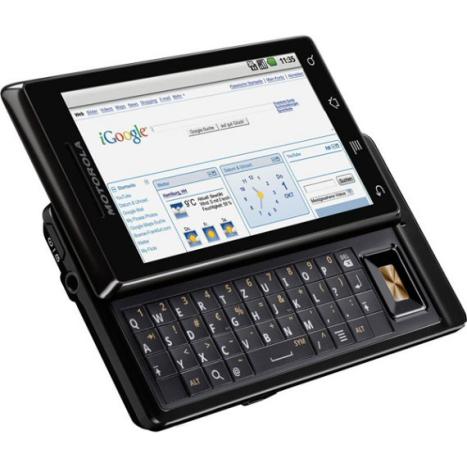 When Motorola unveiled its Droid smartphone in the US, it was critically acclaimed and hailed by many as the Android smartphone to beat at the time and, of course, like any high end touchscreen smartphone, branded as a potential iPhone contender.
When Motorola unveiled its Droid smartphone in the US, it was critically acclaimed and hailed by many as the Android smartphone to beat at the time and, of course, like any high end touchscreen smartphone, branded as a potential iPhone contender.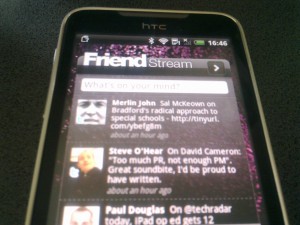 I didn’t have as long with HTC’s
I didn’t have as long with HTC’s 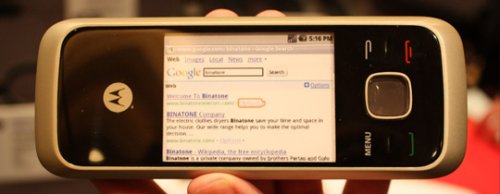
 Adobe has long talked up its ambition to have Flash running on all manner of screens, not just the humble PC, and today the company got a lot closer to walking the walk not just talking.
Adobe has long talked up its ambition to have Flash running on all manner of screens, not just the humble PC, and today the company got a lot closer to walking the walk not just talking.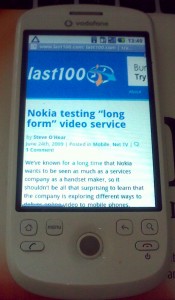 Let me preface this by saying that there is a lot to like about Android and that the smartphones being powered by the Google-led OS are going to get better and better. I’m especially excited by the UI customization that HTC and
Let me preface this by saying that there is a lot to like about Android and that the smartphones being powered by the Google-led OS are going to get better and better. I’m especially excited by the UI customization that HTC and 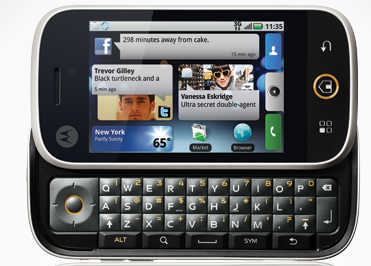 On stage live at GigaOm’s
On stage live at GigaOm’s